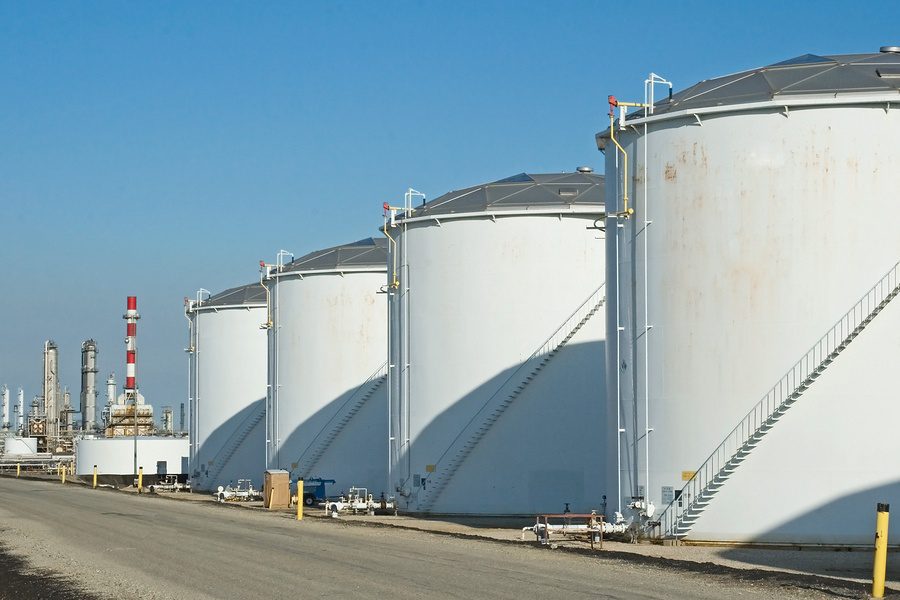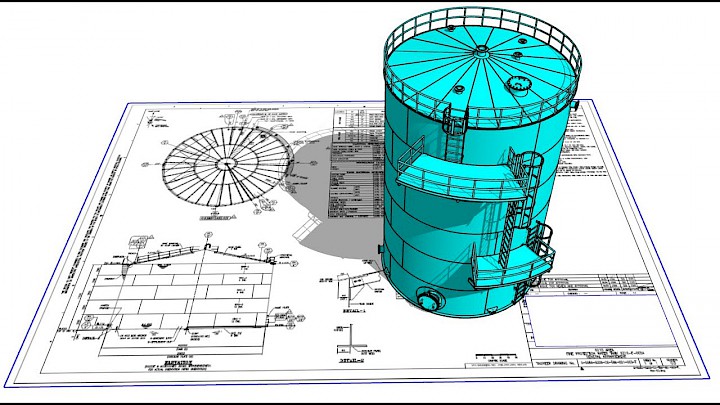The Advantages of Welding Examination for Boosted Security and Performance
Welding evaluations are important for ensuring that frameworks fulfill strict industry standards. They play an essential duty in determining defects early, therefore improving security and reducing the threat of disastrous failures. In addition, these assessments can lead to substantial expense financial savings by stopping costly fixings and downtime. As organizations aim for enhanced performance and integrity, the significance of a durable evaluation procedure can not be overstated. What various other benefits might arise from a commitment to detailed welding assessments?
Ensuring Compliance With Sector Criteria
Assuring compliance with market standards is necessary for maintaining high quality and safety and security in welding tasks. Following established protocols not only safeguards employees however also improves the toughness and performance of the end product. Welding examinations carried out at various stages of the process aid determine any kind of inconsistencies from these requirements, enabling prompt restorative activities. This aggressive approach alleviates the threat of failings that could result from low-grade workmanship.
Conformity with market criteria cultivates trust fund amongst stakeholders, consisting of customers, governing bodies, and the labor force. It signifies a commitment to quality and responsible practices, which can lead to increased business opportunities and a competitive side out there - API 650 Welding Inspection. Routine assessments likewise ensure that techniques and materials made use of straighten with the most recent technical improvements and security guidelines. Eventually, adherence to industry standards is not just a governing demand but a cornerstone of quality control in welding projects
Enhancing Safety Via Very Early Detection of Defects
While the key objective of welding evaluations frequently focuses on conformity, they play a vital role in boosting security by enabling the very early detection of defects. Recognizing problems such as incomplete combination, cracks, or porosity throughout assessments can greatly minimize the danger of catastrophic failings. Early detection permits timely treatments, ensuring that damaged welds do not jeopardize architectural integrity.
In addition, methodical examinations promote a society of safety within companies by emphasizing the value of quality control. This positive approach not only protects personnel yet additionally safeguards the surrounding setting. Routine inspections can expose fads in problem incident, enabling modifications in welding strategies and training programs to address underlying problems.
Subsequently, welding inspections offer as a critical protect, strengthening overall security and performance by recognizing defects before they intensify right into significant hazards. This commitment to high quality straight adds to the long life and integrity of bonded frameworks.
Reducing Costs by Avoiding Failures
By executing extensive welding assessments, companies can successfully minimize expenses related to failures and rework. The proactive identification of defects throughout the welding procedure decreases the threat of disastrous failings that can result in expensive repair work or replacements. Early discovery permits for prompt interventions, which avoids the escalation of small concerns into major issues that strain sources and budget plans. Additionally, by ensuring that welds fulfill defined requirements, organizations can stay clear of hold-ups in project timelines brought on by the demand for substantial rework or additional examinations later on in the process. This not just conserves money yet likewise enhances functional effectiveness. A credibility for quality craftsmanship can lead to increased client satisfaction and repeat service, further adding to financial stability. Overall, investing in welding examinations is a calculated strategy that promotes price savings while securing the integrity of welded frameworks.
Improving Efficiency and Longevity of Frameworks


Welding assessments play a vital duty in boosting the efficiency and long life of frameworks, as they validate that welds are executed to the highest standards. By identifying problems early in the welding process, evaluations avoid weaknesses that could compromise structural integrity. This proactive approach guarantees that the products made use of fulfill called for specs, consequently enhancing their load-bearing capability and resilience.
Furthermore, consistent monitoring of welding techniques adds to the general high quality of construction projects. The capacity for tiredness and failing over time is considerably decreased click here for info when welds are verified for conformity with industry criteria. Frameworks that are built with effectively checked welds are likely to experience less maintenance concerns and improved resilience.
Ultimately, extensive welding inspections not just bolster the instant effectiveness of a framework yet likewise expand its operational life-span, providing long-lasting worth to both home builders and end-users alike.
Promoting a Society of Quality and Dependability
A dedication to quality and dependability in welding techniques significantly contributes to the total success of construction jobs. When companies focus on these values, they promote a society that urges careful focus to information and adherence to industry requirements. This society not just boosts the ability degree of welders but also promotes responsibility and synergy amongst all stakeholders entailed in the project.

Normal welding examinations function as a keystone in this social shift, strengthening the significance of consistent performance and safety and security actions (API 650 Welding Inspection). By applying strenuous assessment procedures, companies can identify possible problems early, mitigating dangers and avoiding costly rework. A company website focus on high click here to read quality and reliability imparts self-confidence amongst partners and customers, leading to more powerful partnerships and improved reputations.
Partnerships Eventually, fostering a society of quality and integrity in welding methods not just raises task results yet likewise guarantees long-lasting sustainability and success in the construction market.
Frequently Asked Concerns
What Credentials Should a Welding Examiner Have?
A welding inspector must have relevant accreditations, such as AWS CWI or CSWIP. In addition, they should have experience in metallurgy, welding processes, and assessment strategies, along with strong logical abilities and focus to detail for effective examinations.

Just How Often Should Welding Inspections Be Conducted?
Welding inspections should be conducted routinely, ideally after each significant stage of the welding procedure. In addition, regular assessments must happen based on project needs, solution conditions, and regulative standards to guarantee recurring high quality and security.
What Tools Are Used Throughout Welding Inspections?
Welding assessments use various devices, consisting of ultrasonic testers, magnetic bit testers, visual examination devices, and radiographic equipment. Each tool offers a particular purpose, making certain weld top quality and structural honesty with extensive evaluation and analysis.
Can Welding Inspections Be Done Remotely?
Welding examinations can undoubtedly be carried out from another location utilizing advanced modern technologies such as drones and specialized video cameras. These devices allow inspectors to examine welding quality and honesty from a distance, enhancing efficiency and safety and security in various settings.
What Are the Common Kinds of Welding Defects?
Typical sorts of welding flaws include porosity, fractures, insufficient combination, damaging, and slag incorporation. These problems can endanger the integrity and stamina of welds, leading to prospective failings in structural applications if not resolved correctly.
Welding assessments are essential for making sure that frameworks meet strict sector standards. Welding evaluations carried out at numerous stages of the process assistance recognize any kind of discrepancies from these requirements, making it possible for prompt corrective actions. Welding evaluations play a necessary duty in enhancing the performance and longevity of structures, as they verify that welds are carried out to the highest possible criteria. Welding inspections should be carried out on a regular basis, preferably after each substantial stage of the welding procedure. API 650 Welding Inspection. Welding examinations make use of numerous devices, consisting of ultrasonic testers, magnetic fragment testers, aesthetic examination devices, and radiographic tools